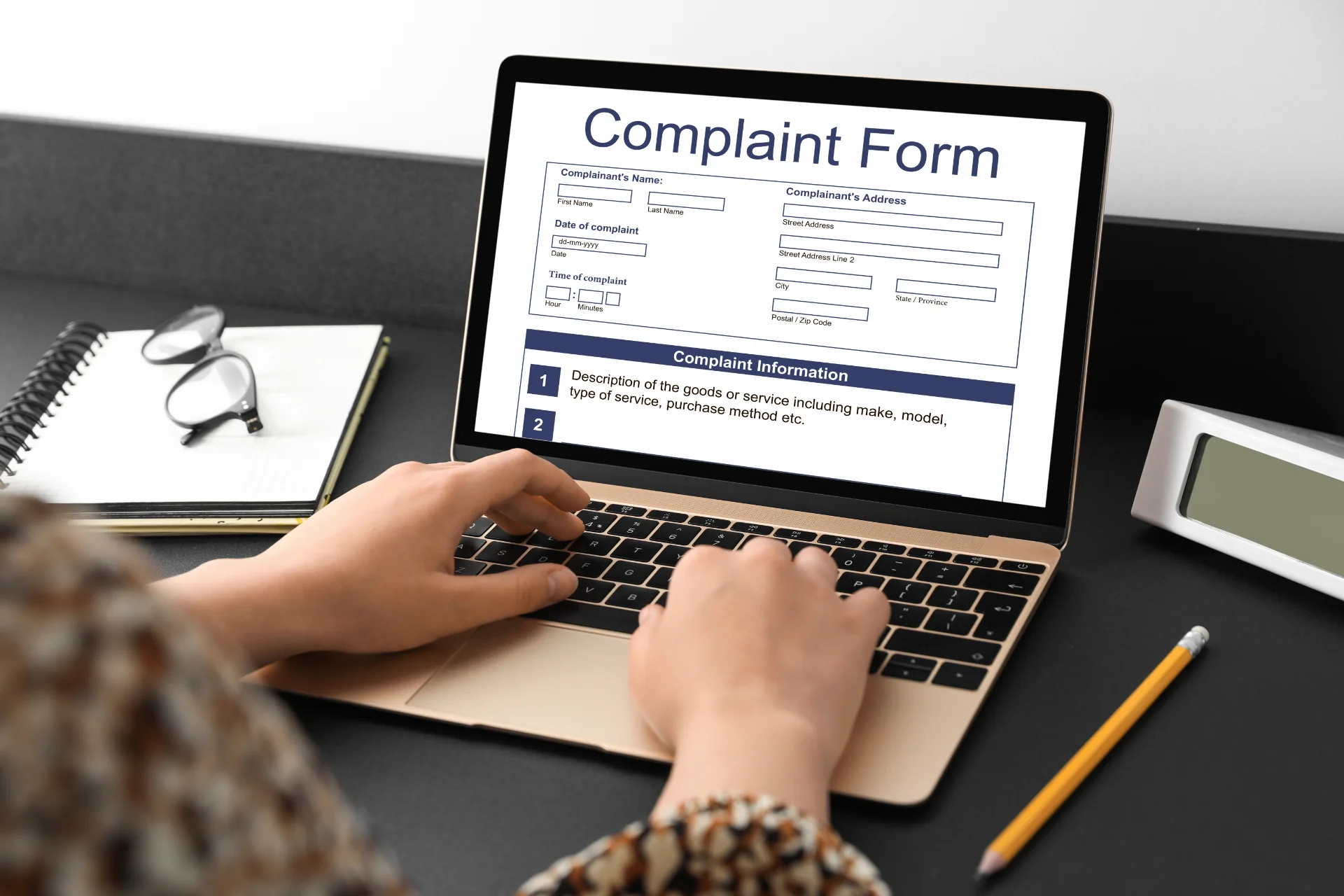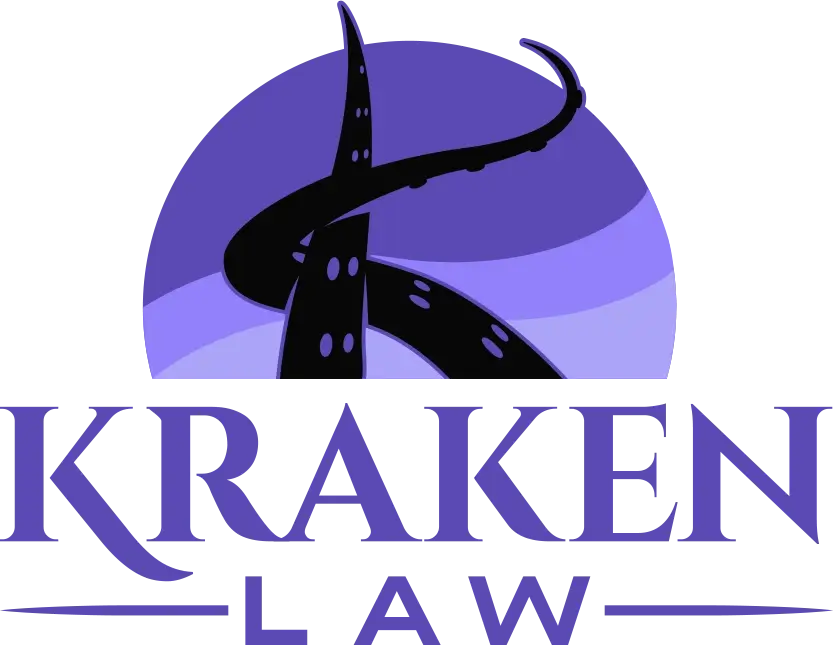Workplace injustices can vary from gender discrimination to sexual harassment. All these things are illegal as per laws set by the US government.
The Equal Employment Opportunity Commission (EEOC) has also been designed to tackle workplace discrimination.
Learning how to report unfair treatment at work will be beneficial for you. So below we have detailed everything about how to report unfair treatment at work.
What Is Unfair Treatment At Work?
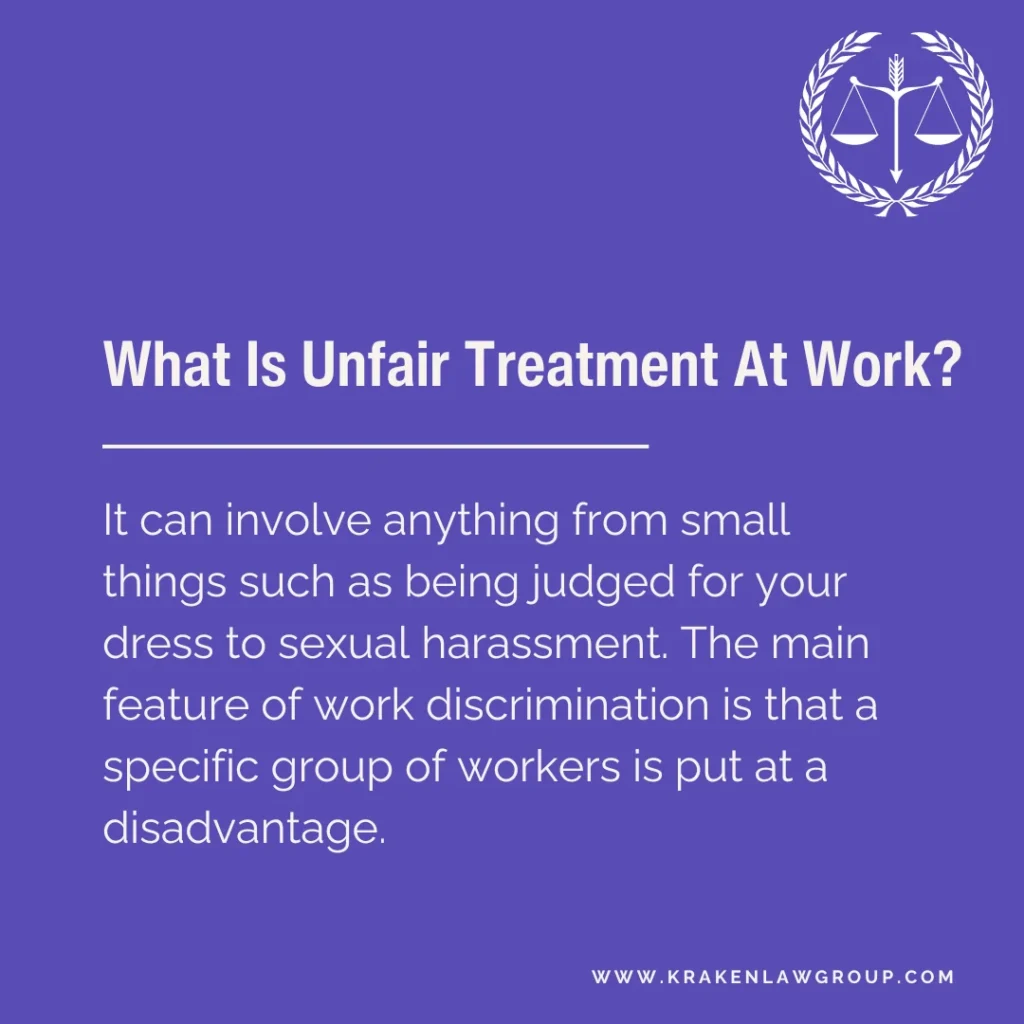
Unfair treatment at work can range from minor issues such as salary differences to physical attacks. Any discriminatory behavior comes under such treatment.
For example, your company may refuse to offer you accommodations for your temporary or permanent disability. Workplaces that terminate pregnant employees during their maternal leave also engage in unfair treatment.
Other examples of unfair treatment at work include:
- Racism
- Sexism
- Gender identity discrimination
- Physical assault
- Religious discrimination
You may suffer from such treatment by your colleagues at the same level or senior managers. Employers may also abuse their power by engaging in discriminatory and harassing behavior.
If you’re suffering from inappropriate behavior at your company, you must know how to report unfair treatment at work.
Many forms of unfair treatment at work are illegal in the US. Filing equal opportunity complaints against your employer can help you seek compensation.
How To Ensure A Valid Claim For Unfair Treatment At Work
Before filing equal opportunity complaints, you must ensure you meet the EEOC’s criteria. Otherwise, knowing how to report unfair treatment at work will be futile.
So you can ensure you have a valid claim for unfair workplace treatment by ensuring:
- Your company is treating you unfairly based on your race, religion, color, sex, nationality, disability, and more (Violation of Title VII of the Civil Rights Act)
- Your workplace is treating you unfairly because of your age (Violation of Age Discrimination in Employment Act)
- You’re being denied accommodations that a company must provide lawfully for workers such as disabled employees (Violation of Americans with Disabilities Act)
- Unfair treatment at work in retaliation for filing an internal complaint against discriminatory behavior by another worker
These equal opportunity complaints are called charges of discrimination. So always notice the type of unfair treatment you’re experiencing.
If you fulfill the ground rule conditions of the EEOC, reporting unfair treatment would be a breeze.
How To Report Unfair Treatment At Work In Florida: A Guide For Beginners
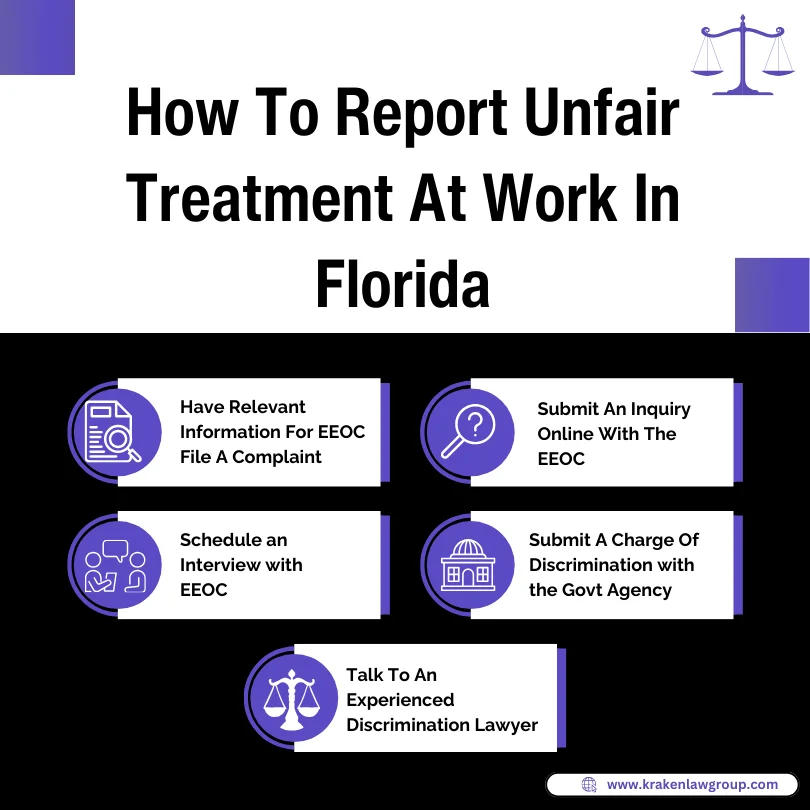
Let’s delve into the steps of how to report unfair treatment at work:
Step 1: Make Sure You Have Relevant Information For EEOC File A Complaint
The most important step of how to report unfair treatment at work is having information about complaints. If you have been suffering from harassing behavior, you must have its complete details.
Some people also file complaints on behalf of other employees suffering from workplace injustices. If you’re sending a complaint to save your worker, you must have their complete information.
Typically, the EEOC will need the name, number, and address of the victim. You must also offer the same details as the employer to ensure the agency knows where to find the perpetrator.
A brief or comprehensive description of the unfair treatment is also necessary. The more accurate your information is, the easier it will be to get justice.
This is why people are advised to create a written record of any unfair treatment they suffer from at work. Such action ensures when the person files a complaint, they can offer accurate details.
You must also note the date of every unfair incident that you have suffered from at work. These dates will allow the agency to investigate discrimination events easily.
So always ensure you have these basic chunks of information before you file a charge of discrimination.
Step 2: Submit An Inquiry Online With The EEOC
If you believe you’re suffering from unfair treatment and have all the relevant information, you can submit an online inquiry. The EEOC has an official platform that allows you to file a complaint.
The procedure of filing equal opportunity complaints may differ, depending on the sector you’re working for. This is why you must know how to report unfair treatment at work for your specific industry.
For example, the procedure of inquiry submission is different if you’re filing a complaint against a federal government employer. The agency has a public portal that allows victims of workplace discrimination to initiate an inquiry.
When you access the portal, you’ll have to answer a few questions to ensure the EEOC is the right place for filing your complaint. These questions are:
- What type of employer is discriminating against you?
- When did the unfair treatment occur?
- Why do you believe the employer is discriminating against you?
- How many employees are in your company?
- In what state did the injustice happen?
These basic things will allow the EEOC to determine whether they have legal authority in your case. If you meet the criteria of the agency, they will create a secure account for you and handle your complaint.
Step 3: Schedule An Interview With Someone From The Relevant Authority
Another step of how to report unfair treatment at work is scheduling an interview with the agency. The meeting will be with one of the staff members of the EEOC.
The interview may be in person or on call, depending on your preference. You can see the dates and times available for the meeting on the public portal through your secure account.
During the meeting, the staff member will hear your case and ask you other questions. The main purpose of the interview is to determine whether you can file a discrimination charge or not.
All the information you’ll offer the agency in the meeting will be confidential. It will also not be sent to your employer. The only time your boss will get a notification is when you file a discrimination charge.
The agent may also make you complete a questionnaire for legal purposes. If your complaint is covered by the EEOC laws, they will counsel you on how to report unfair treatment at work through a formal charge.
So you must make up your mind before the interview whether you want to file an official complaint or not. That is because your employer will be informed after that.
Step 4: Submit A Charge Of Discrimination With The Relevant Government Agency
A charge of discrimination is an official job complaint to the EEOC that victims of unfair treatment may file. The agency has set specific deadlines for filing a complaint.
So you must meet them if you want to take action against your employer. If your employer is non-federal, you’ll have 180 or 300 days to file a charge of discrimination against them.
Remember the counting of days starts from the last date of the discrimination incident. During your interview, the EEOC agent may let you know whether your time limit is up or not.
The rules for complaints against federal employers differ. For instance, you must contact an EEOC agent within 45 days of the discrimination to submit a charge.
Once you file a charge of discrimination, the EEOC will have to send a copy of your complaint to your employer within 10 days. Remember the organization will not disclose all details to your company.
The agency will also prohibit your workplace from retaliating against you by firing you or treating you unfairly. This is valid even if the EEOC gives a verdict that your employer’s actions weren’t illegal.
Step 5: Talk To An Experienced Workplace Discrimination Lawyer In Florida
Hiring a workplace discrimination lawyer to file a complaint with the EEOC is not necessary by law. However, you can still do so using your expenses. This will be the final step of how to report unfair treatment at work.
Consulting an attorney will be a good move because they can help you understand your rights. They may also prepare you for EEOC and court interviews that may take place in the future.
If the EEOC offers a suing notice that allows you to file a lawsuit against your employer, a lawyer will be required to fight your case. Such a notice is usually given when the EEOC does not find the actions illegal.
So they offer rights to sue so that you can deal with the case on your own if you wish.
Does Reporting A Hostile Work Environment Work?
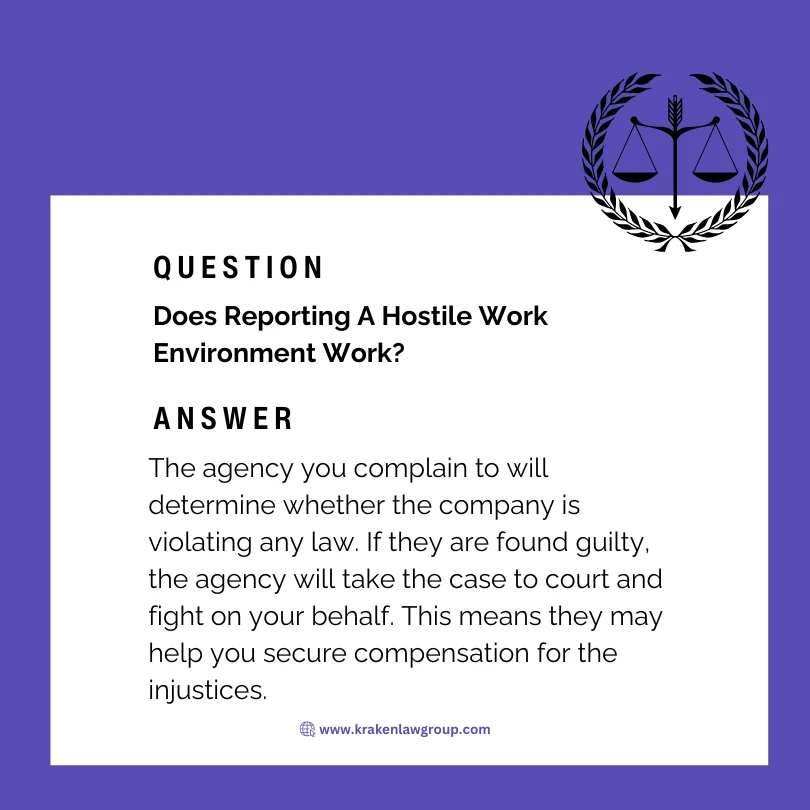
Reporting a hostile work environment does work if your employer’s actions are illegal. The agency you complain to will determine whether the company is violating any law.
If they are found guilty, the agency will take the case to court and fight on your behalf. This means they may help you secure compensation for the injustices you have been suffering at your workplace.
FAQs
How Do I Talk To My Boss Without Being Treated Unfairly?
You can make an appointment with your boss and confront them straightforwardly about the unfair treatment issue.
Ensure your employer knows you’re unhappy about the treatment you receive at work. However, don’t lose your calm during the conversation or act violently.
How Do I Respond To Unfair Treatment At Work?
You can respond to workplace injustices by learning how to report unfair treatment at work. Then, file a harassment complaint or discrimination charge using the methods you learned to get justice.
Is Unfair Treatment At Work Illegal?
Unfair treatment at work is illegal if it violates federal or state laws such as the Civil Rights Act, Family and Medical Leave Act, and more.
The behavior is illegal if an employer is discriminating against you based on your sex, age, whistleblowing actions, and more.
What Are The Effects Of Unfair Treatment In The Workplace?
Unfair treatment at workplaces can create a shortage of workers because many people quit their jobs due to stress. A victim may also suffer from mental health issues such as anxiety. This can lead to reduced work performance.
Contact An Attorney To Help Report Unfair Treatment At Work
That was the complete guide to how to report unfair treatment at work. If you want more legal information about it, you may contact one of our attorneys now for help.

